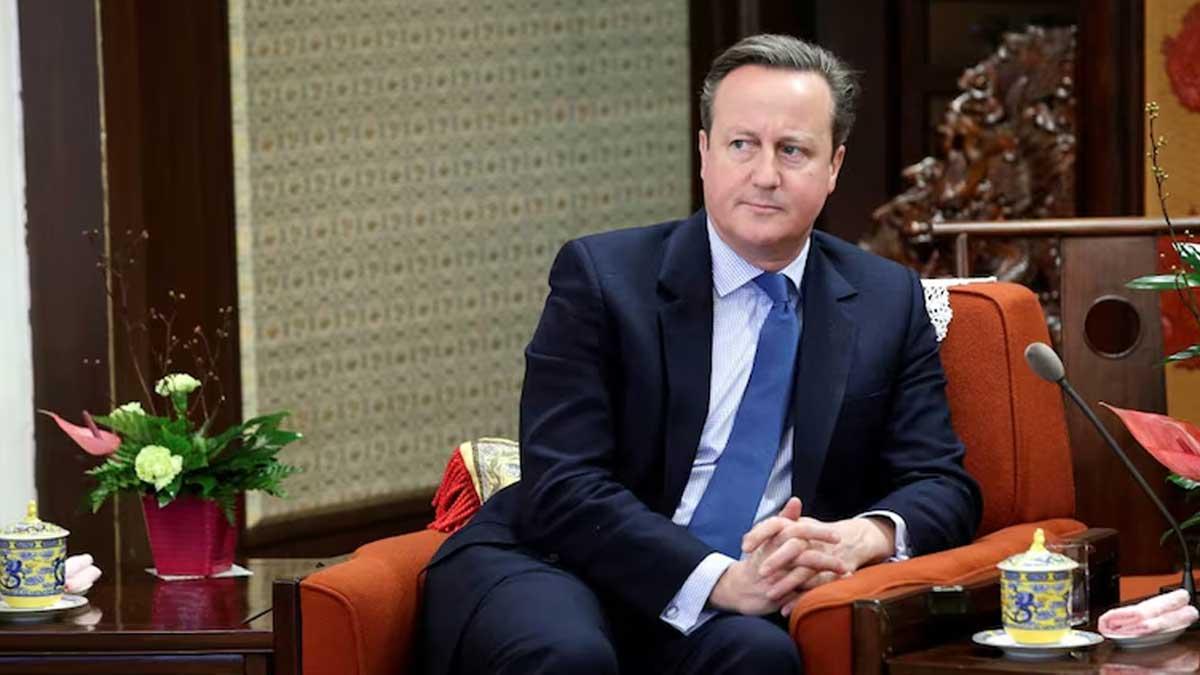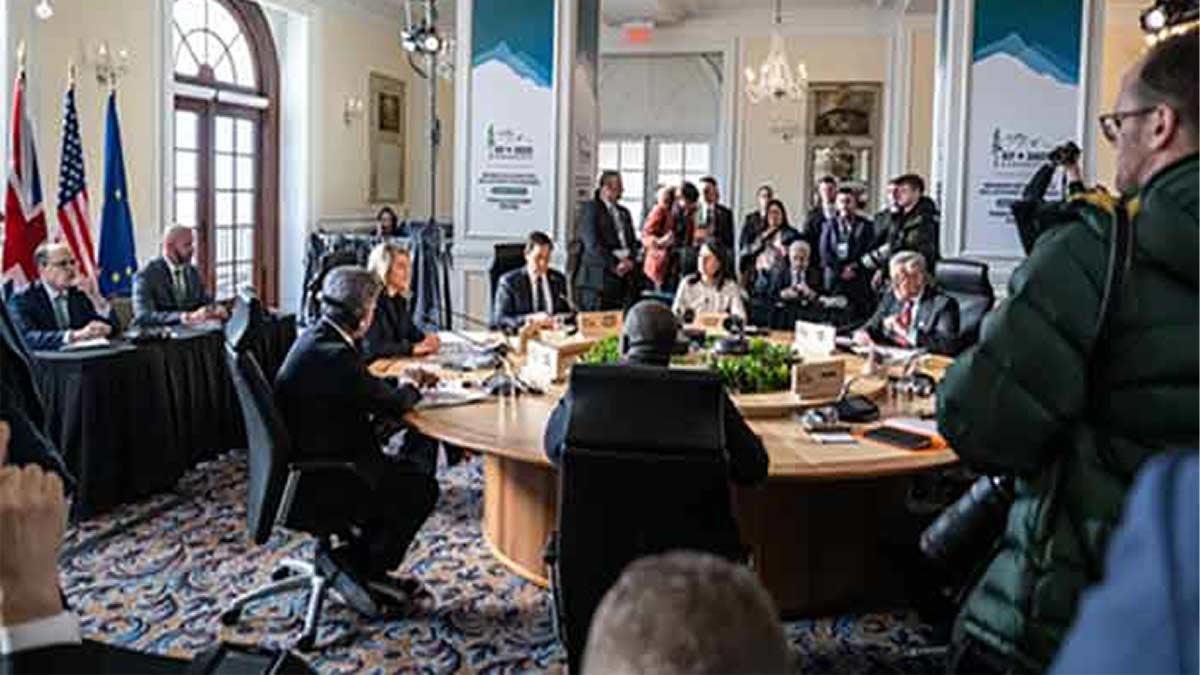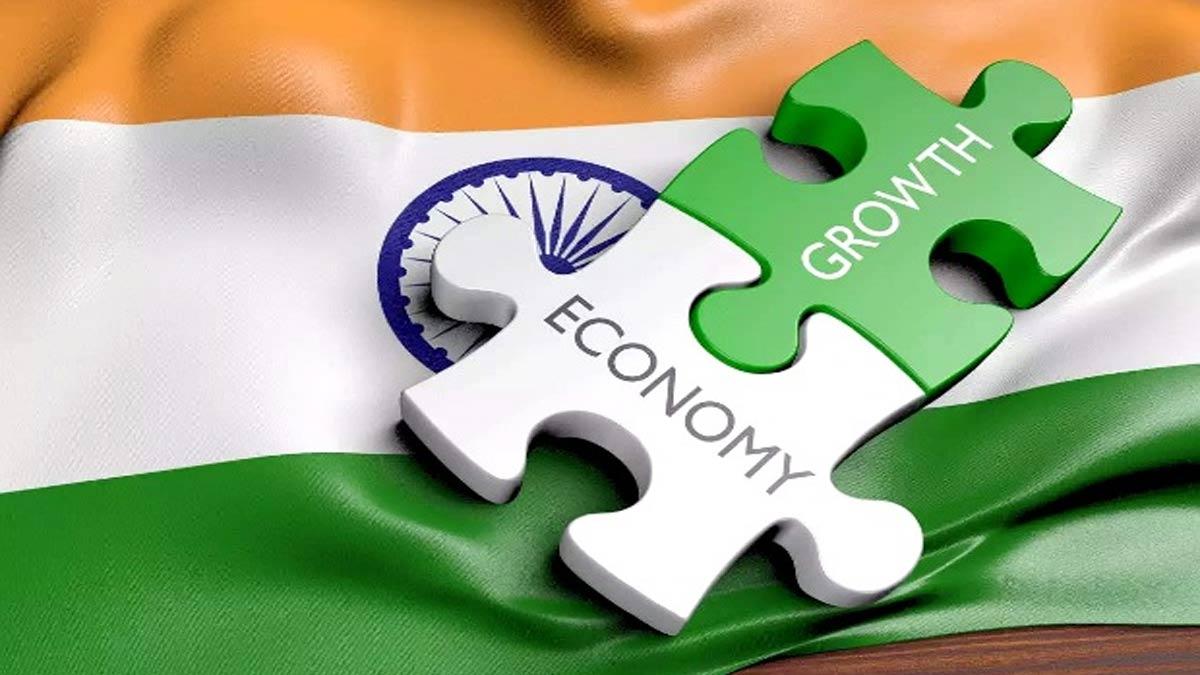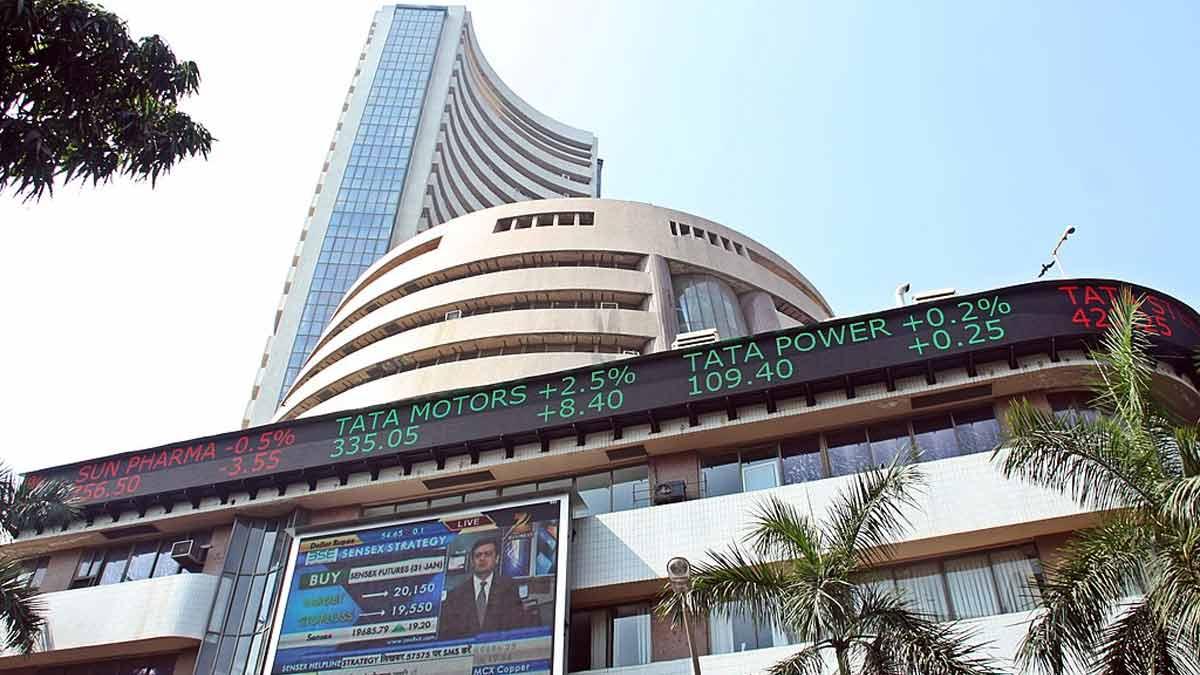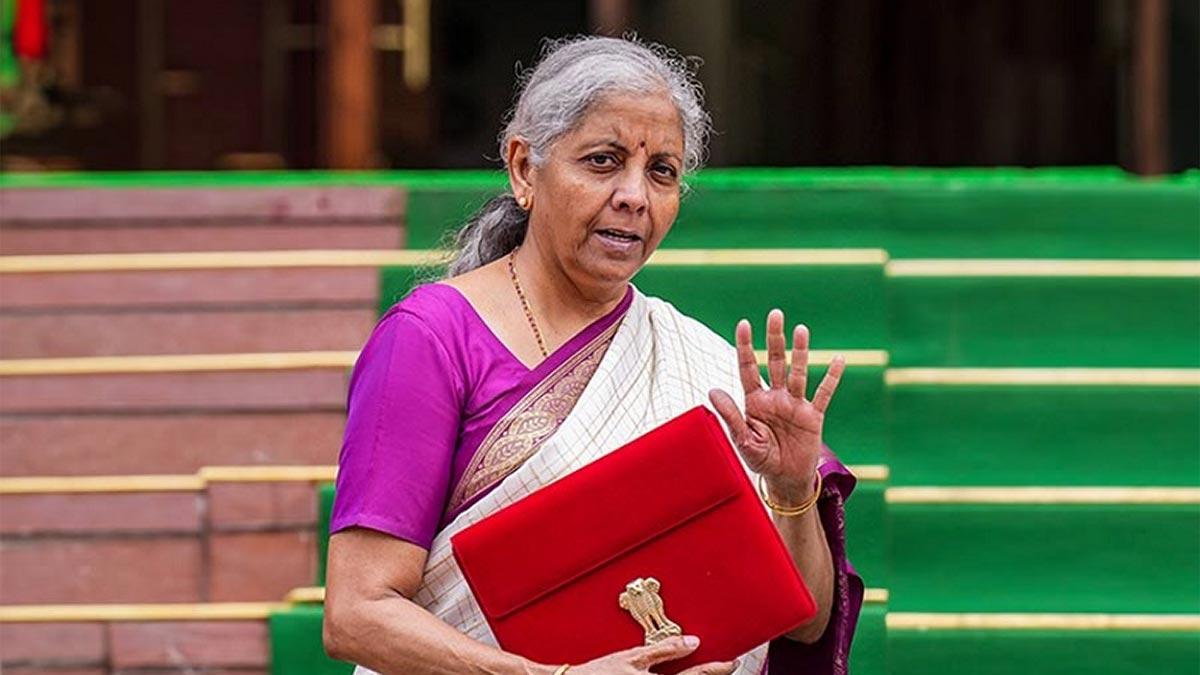Market access has been a pivotal point in the ongoing discussions between Indian and British negotiators, as they strive to pave the way for a potential free trade agreement (FTA). The UK government acknowledges progress in this area but maintains that further strides are necessary to solidify the deal.
During a recent session in the House of Lords, UK Foreign Secretary David Cameron fielded inquiries from British peers regarding the state of religious freedom in India. The restructuring of the BBC, necessitated by India's foreign direct investment (FDI) regulations, sparked questions from Liberal Democrat peer Lord Jeremy Purvis. He specifically raised concerns about the level of market access granted to India, particularly in the realms of media, data, and telecoms, within the framework of FTA negotiations.
Lord Cameron emphasized the importance of striking a mutually beneficial deal that truly facilitates market access. He underscored the significance of ensuring the deal meets the expectations of industry leaders in the UK. Meanwhile, negotiations continued in London this week, marking the fourteenth round of discussions aimed at bolstering the existing GBP 38.1 billion bilateral partnership across various sectors.
With regards to media access, Lord Cameron expressed his inclination towards fostering a diverse media landscape by advocating for openness on both sides. The recent establishment of Collective Newsroom by the BBC, operating as an independent entity, stirred debate. Lord Purvis questioned the necessity of BBC's presence in India amid regulatory complexities and alluded to challenges faced by foreign media entities.
Cameron highlighted India's legislative requirement for digital media companies to be locally owned, which prompted the BBC's restructuring. Despite acknowledging the necessity, he emphasized that such measures deviate from the British approach. The discussion also touched upon India's upcoming general elections, hailed by Cameron as a testament to the vibrancy of Indian democracy.
In addressing concerns about religious freedom in India, Cameron affirmed India's commitment to religious diversity as enshrined in its Constitution. He assured peers that the UK government engages with Indian authorities to address specific issues as they arise. The session saw several peers, including British Sikh peer Indrajit Singh, raising apprehensions about religious freedom violations, notably citing incidents in Manipur.
Cameron acknowledged the multifaceted nature of strife in India, recognizing communal, tribal, ethnic, and religious dimensions. He emphasized the need for clarity in addressing these issues while celebrating India's status as the world's largest democracy, characterized by its rich religious and cultural diversity.
Read also | Discrepancies in Nestle's Baby Food: Sugar Addition Variances Between India and Europe

